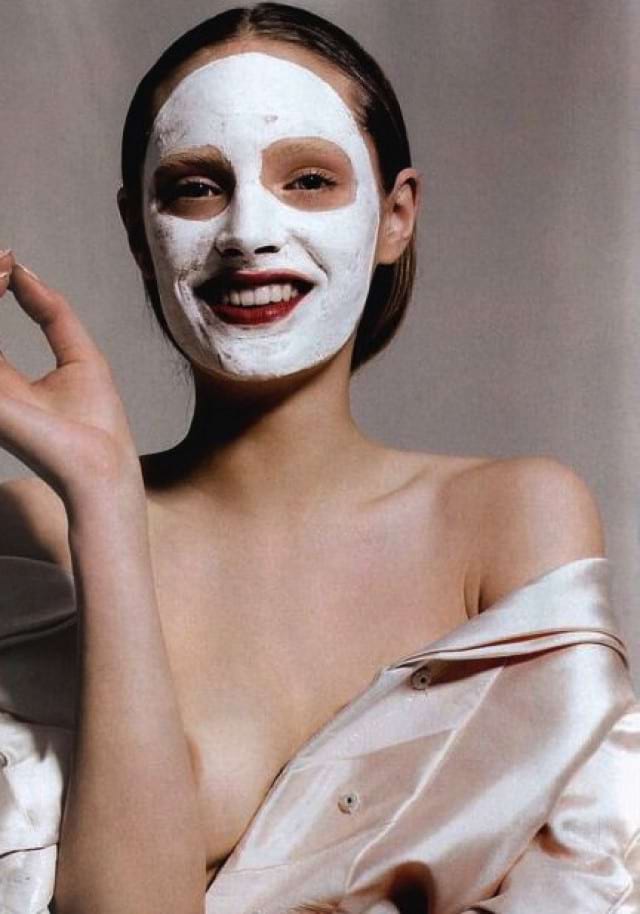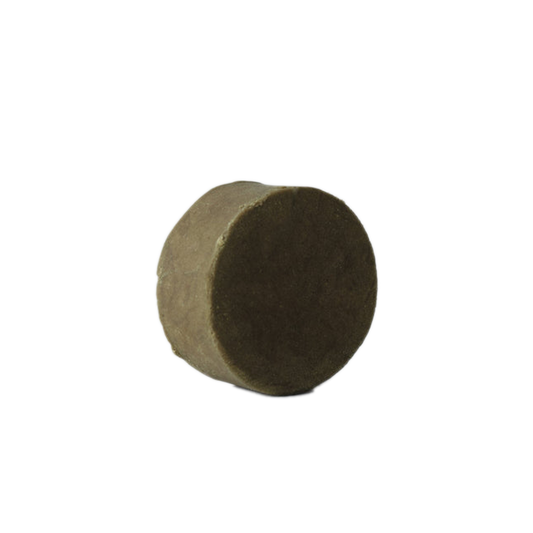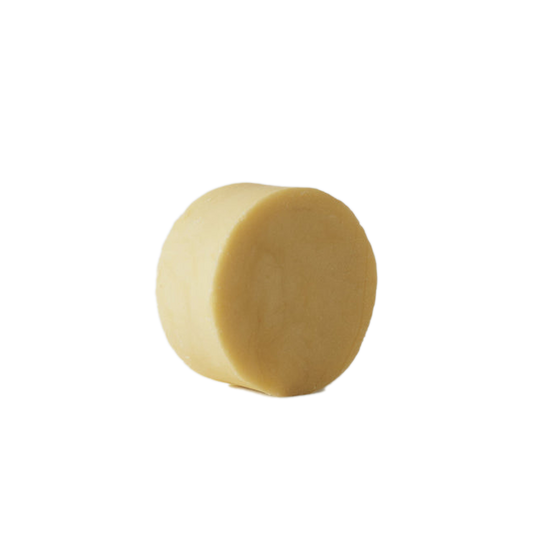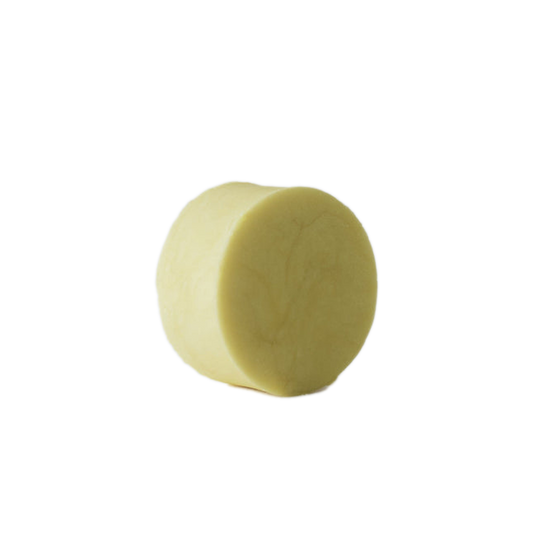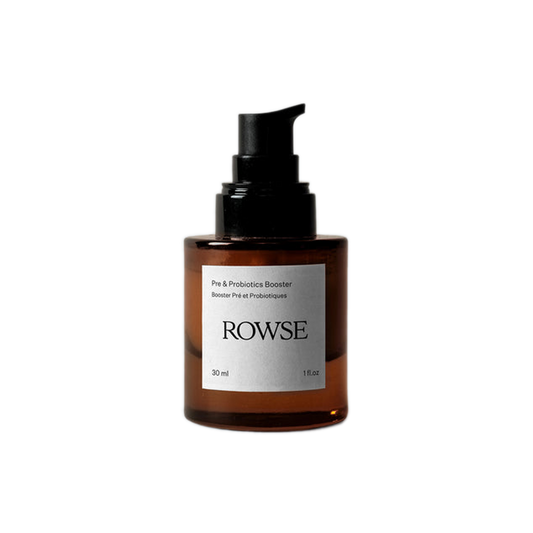When it comes to taking care of our skin and body, we’re not adverse to trying out the alternative. Plus, the idea of approaching our skin regimes in the same way we do our diets makes sense to us. Which is why the latest movement to sweep our bathroom cabinets is getting us particularly excited. That said movement is probiotic skincare – and we’re here to tell you a little more.
The chances are you’ve heard of probiotics but are probably more familiar with the sort you find in your morning yoghurt. They are live bacteria and yeast that exist naturally in the human digestive system, and can also be found in certain foods and supplements (think kimchi and Kombucha tea). Probiotics are often referred to as ‘good bacteria’ and scientists have been publishing information about the benefits of them for decades – usually centered on their anti-inflammatory and immune boosting powers.
However, recently the focus has shifted - if these microorganisms can benefit your body, surely they can also have a positive effect your skin too? This is the question that beauty brands and experts have been asking, and as a result you might have seen the words ‘probiotic technology’ popping up on a handful of new skincare products. Although it’s still too early to tell whether topical probiotics are just as magic-working as their nutritional counterparts, the beauty industry has had its ear firmly to the ground. As have we.
To get (only a bit) scientific, the way probiotics work on your skin goes a little like this – they function by tricking the body into focusing on good bacteria, as opposed to the damaging bacteria which causes skin inflammation disorders – we’re talking acne, eczema, rosacea and so on.
At Glasshouse, we don’t believe in quick fixes. We like our beauty products to work in the same way as our hair products – treating the cause, rather than providing a short-term, artificial solution. There’s also been a growing awareness of how nutrition relates directly to your skin, which we are constantly encouraging. Probiotics seem to combine the two, which is why they seem like a genuine solution to a whole host of skin issues.
One woman who has first hand experience of this is Shann Nix Jones of Chuckling Goat, the owner of a goat farm in Wales who produce one of the probiotic family’s most effective members – kefir.
Kefir is a fermented milk product that contains 47 strains of non-transient bacteria; a type of bacteria that survives the digestion process, making it’s way to the gut. This fizzy, milky product is more powerful than yoghurt, which contains transient bacteria that gets destroyed during digestion, meaning you don’t get all the benefits.
Shann makes goat’s milk kefir on her secluded Welsh farm and she’s recently extended the line to skincare and baby products. She began using kefir on her son Benji who suffered from asthma – she fed her son the drink and the asthma miraculously disappeared over a short period of time. The same thing happened again when her husband had an operation, leaving him with an open wound that then became infected with life-threatening MRSA. Her belief that kefir treated the gut in the same way it did the skin meant that a fortnight course of kefir cured her husband’s wound. The result of this is The Chuckling Goat, and a loyal base of customers who’s kefir-induced ‘success stories’ are dotted all across the website.
“Skin conditions like eczema, psoriasis, rosacea and acne are not really skin conditions at all – they’re autoimmune disorders,” says Shann, “Autoimmune disorders sit in the gut. Your gut maps directly onto your skin, so in order to heal the skin, you’re going to have to heal the gut.”
With this philosophy in mind, Shann now sells cleansers, lotions and bath melts split into five categories – Break-Out, Calm-Down, Soothing, Sensitive and Baby. Each is handmade on the farm with their award-winning kefir, harnessing this powerful probiotic. Used alongside a course of their original drinking kefir, Shann calls this ’The Good Skin Solution”.
“It’s the reason why steroid creams – or any creams for that matter – will never resolve these conditions fully,” she comments “You can put whatever you like on your skin and it will never heal it. Because it’s not a skin condition – it’s a gut disorder.”
We think Shann is a true pioneer in the probiotic field – and we love her small scale, affordable range of simple products. However, she’s not the only one harnessing the power of probiotics. Luxury organic brand Aurelia have got science on their side with their range of probiotic products that are designed to tackle anti-ageing, regenerate cells and boost collagen. Praised by the likes of beauty journalist India Knight, their Miracle Cleanser in particular has won a bevy of awards and it’s hard not to be convinced by their probiotic know-how.
Likewise, we’ve also got our eye on Esse. This skincare brand use probiotics in their organic products to optimise skin health and support the growth of good bacteria. From clay masks to cleansers and exfoliators, this is one for the probiotic pro.
Treating our skin in the same way we approach our diets is not a new idea, but it definitely seems to have gained momentum recently and probiotics are the thing getting us most intrigued. Put it this way, we’re switching on to probiotics and suddenly the idea of embracing bacteria (when we’re so regularly told to get rid of it) is one we’ll be spreading the message about. Watch this space.
Words: Lucy Vincent
